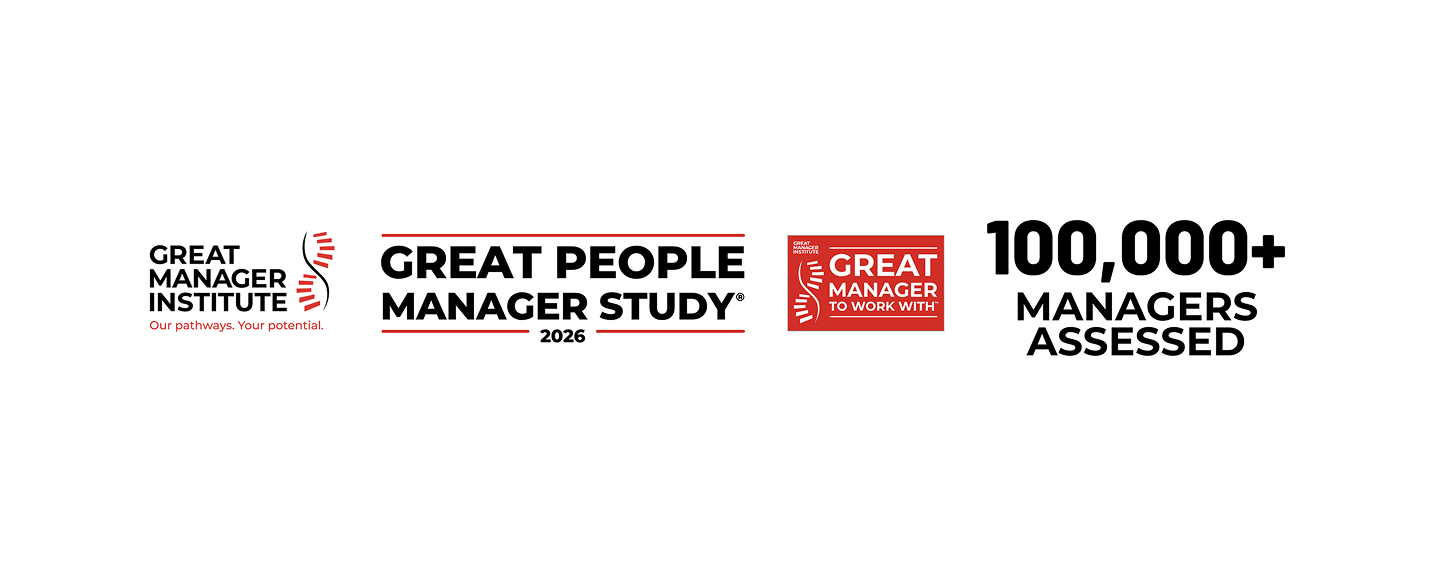Becoming a manager is a big leap for most people and it can seem daunting at first. Because of this, it is essential that companies make investments in their first-time managers in the form of time and opportunities. This will ensure that these managers bloom and hit the ground running. We will take a look at some of the best ways to do this :
Leadership Mindset
Most new managers are formerly top performers who were promoted to this role because of their skills. However, your performance in any job role will not necessarily translate into management, which requires more of a leadership mindset. They no longer constitute as separate contributors. Instead, they must establish and monitor team goals, serve as role models, and occasionally have unpleasant conversations. This is why leadership development is so crucial. There are a few ways of going about this, however the best is a combination of mentorship and time. A mentor will help new managers identify their strengths and weaknesses, set goals, and develop action plans. This arrangement will also give them insights into how they operate, what the driving factors for their decisions are and most importantly, what kind of a manager they are and want to be. From there, the manager’s own style will emerge. This essentially fastracks the manager’s journey of self-discovery while making minimal mistakes.
Conferences and Workshops
For new managers, this can be a great opportunity to expand their knowledge and abilities. These events frequently include lectures and workshops given by professionals in the industry. These specialists can impart knowledge to new managers by sharing their experiences, observations, and best practices. New managers also get the chance to network with other professionals in their field at conferences and workshops. This can be a great opportunity to meet new people, share ideas, and gain insight from the experiences of others. They can also learn about new technologies, techniques and popular trends. Most importantly, these workshops can offer opportunities for courses and training programs like (insert any of GMI’s programs). These are the best way to ensure your managers become the best version of themselves they can be. Lastly, the motivation that new managers get from these events after seeing the growth potential for their field. These workshops are a repository of valuable information and a gold mine if utilized correctly.
Team Connection
The sooner a new manager makes a connection with their team, the more productive they will be. It’s more effective for new managers to lead and manage their teams if they can establish strong relationships with team members and gain their respect. Second, team members are more likely to be engaged and motivated when they sense a connection to their manager, which can result in improved performance and results. The ability to engage with team members can also assist new managers in understanding the requirements, shortcomings, and strengths of their team, enabling them to spend resources wisely and make more informed decisions. This is why it’s important to conduct one on one meetings, listen and empathize with your team members, share your vision for the team and the company and celebrate successes. All these things will do wonders for the connection with your team.
Managing Up
New managers should spend time developing a good relationship with their manager in a manner similar to how they build one with their team. In most circumstances, they can’t choose their boss, working with what they have is essential. Especially if the boss isn’t the easiest to work with, that might make things challenging. According to Gallup, more than 50% of Americans have, at some point or another, worked under a manager they disliked so much they left their position. Fortunately, new managers do have some degree of control over how well they get along with their boss. By managing up, they will have the ability to strengthen that relationship. This positive relationship will also allow more resources to be leveraged for the team.
Conflict Management
Disputes will inevitably arise when managing others, and the skill needed here is confronting and resolving these disputes proactively. They need to be able to spot the issues before they become too big or sensitive. The issue for many new managers is that they are absolutely untrained in conflict resolution methods and lack relevant expertise. The secret to managing conflicts is coming up with a solution that caters to the demands of all parties, within reasonable bounds of course. The key to handling these situations is to remain composed and conscious of their own feelings and biases. Additionally, it can be beneficial to avoid forming assumptions and really listen to all parties’ viewpoints individually and then together. With practice, they can get better at spotting and resolving conflicts.
Time Management
There is a common misconception that management is not a time-intensive role. This couldn’t be further from the truth. Instead of being responsible for their own performance, they now need to monitor and help multiple people with their issues. Improper time management can lead to severe burnout and fatigue. Getting this down from the get-go is essential for longevity and growth in a managerial role. A good learning module can be (insert if GMI has any time management program)





